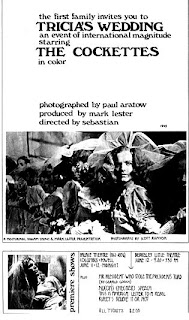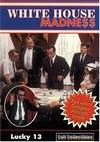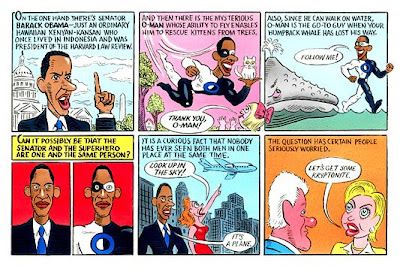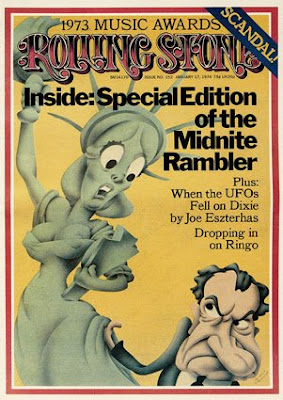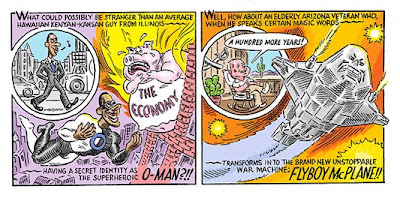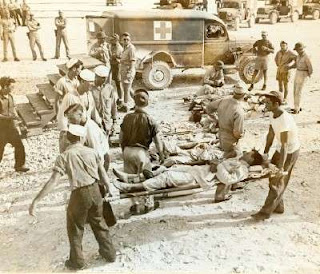
July 30 is the anniversary of the sinking of the Indianapolis, one of the saddest horror tales of the sea. I hope it's just coincidence that this is "Shark Week" on TV. Halfway between Guam and Leyte Gulf, she was sunk by a torpedo on her way back from delivering the atomic bomb to Tinian. 900 out of 1,196 men went into the water, but only 317 survived when the sharks came in at dawn. Because it was a secret mission, her late arrival fell between the cracks and it wasn't until August 2nd that a plane accidentally spotted the men in the water.
This was not, however, the worst mass attack by animals known to history. That was the night of February 19, 1945, on Ramree Island off the coast of Burma. After six weeks of fighting with Indian and British marines, about 1,000 Japanese soldiers tried crossing 15 kilometers of mangrove swamp that was filled with 15-foot saltwater crocodiles. Of the 900 men who went into the swamp, 500 escaped to the Japanese lines and of the 400 still in the swamp, only 20 were left alive by the morning. The African naturalist Jean-Pierre Hallett, writing after the fact in his book Animal Kitabu, thinks the sound of the mortars and the sudden intrusion may have agitated the crocodiles into a killing frenzy. Nile and saltwater crocodiles are still responsible for more human deaths than sharks, though I hold out the mosquito and our own murderous impulses as the champions.
 (And some days it takes more Stones than others...) Where Mythical Bestiary meets Contemporary Culture and Chews On Its Leg Until Covered with Slobber.
(And some days it takes more Stones than others...) Where Mythical Bestiary meets Contemporary Culture and Chews On Its Leg Until Covered with Slobber.


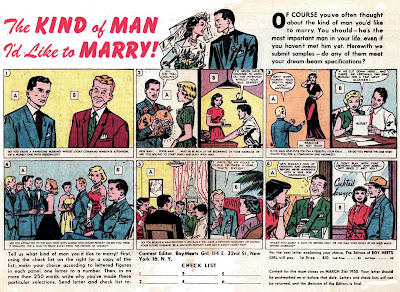

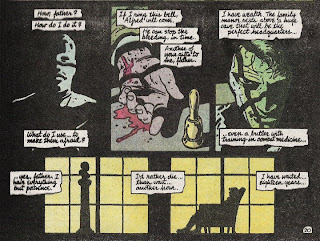
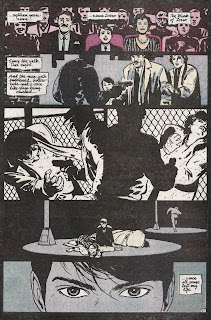
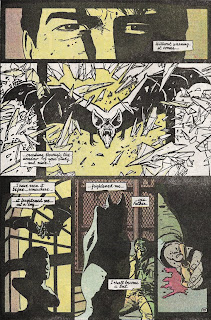
.jpg)
